Deep Learning Course







Deep Learning Certification Course
What will I learn?
- Understand the fundamental principles of machine learning and its applications.
- Implement machine learning algorithms using programming languages such as Python.
- Utilize advanced machine learning methods including ensemble techniques and neural networks.
- Perform data preprocessing and feature engineering.
- Evaluate and validate machine learning models using appropriate metrics.
- Apply supervised and unsupervised learning techniques to solve various problems.
Requirements
- Basic programming knowledge (preferably in Python)
- Understanding of fundamental statistical concepts
- Basic knowledge of linear algebra and calculus
Deep Learning Course Content
- Biological and Artificial Neurons
- Activation Functions
- Perceptron
- Feed Forward Network
- Multilayer Perceptron (MLP)
- Back Propagation, Deep ANN
- Optimisation Algorithms
- Gradient Descent
- Stochastic Gradient Descent (SGD)
- MiniBatch Stochastic Gradient Descent
- Stochastic Gradient Descent with Momentum
- AdaGrad, RMSProp , Adam
- Batch Normalisation
- What is Keras?
- How to Install Keras?
- Why to Use Keras?
- Different Models of Keras
- Preprocessing Methods
- What are the Layers in Keras?
- TensorFlow in Realtime Applications
Advantages of TensorFlow
How to Install TensorFlow
TensorFlow 1x vs TensorFlow 2.0
Eager Execution in TensorFlow 2.0
- Introduction to Computer Vision
- Convolutional Neural Network
- Architecture of Convolutional network
- Image as a Matrix, Convolutional Layer
- Feature Detector & Feature Maps
- Pooling Layer, Max Pooling
- Min Pooling,
- Avg Pooling
- Flattening Layer, Padding, Striding
- Image Augmentation
- Basics of Digital Images
- Recurrent Neural Network (RNN)
- RNN Network Structure
- Different Types of RNNs
- Bidirectional RNN
- Limitations of RNN
Get in touch
400+ Global Employment Partners


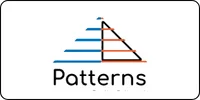

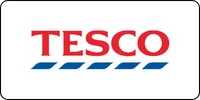



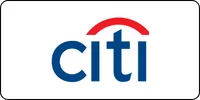

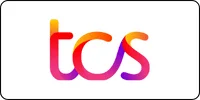


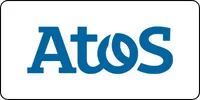
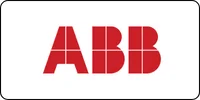
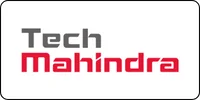
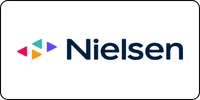


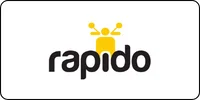



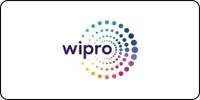
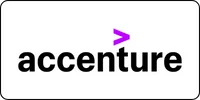


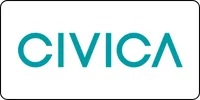


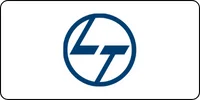
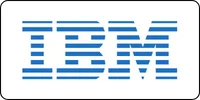
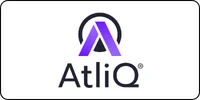
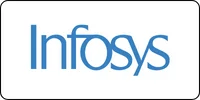


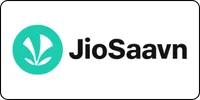

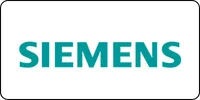
Why Choose Deep Learning Certification Course from Bright Computer Education?

Designed Curriculum
Our curriculum covers everything from basic to advanced topics. Topics include variables, data types, control structures, functions, OOP, STL, and more.

Hands-on Learning
Dive into practical exercises and coding projects that reinforce learning and help you build real-world applications.

Experienced Instructors
Learn from industry experts with years of experience in C programming and software development.
Flexible Learning
Choose from flexible scheduling options, including self-paced learning or live virtual classes to fit your busy lifestyle.
Career Development
Gain valuable skills sought after by employers in various industries, from software development to embedded systems and beyond.
Interactive Learning
Engage with fellow learners and instructors through live Q&A sessions, discussion forums, and collaborative coding exercises.
Diverse Career Opportunities in Deep Learning: Exploring Paths in India's Technology Sector
Frequently Asked Questions
Recently View Courses
Course Details Curriculum Placement FAQ’s Deep Learning Certification Course The Deep Learning Certification Course...
Read MoreCourse Details Curriculum Placement FAQ’s Data Structures & Algorithms Certification Course Master the foundation...
Read MoreCourse Details Curriculum Placement FAQ’s Generative AI certification course Step into the rapidly evolving...
Read More
